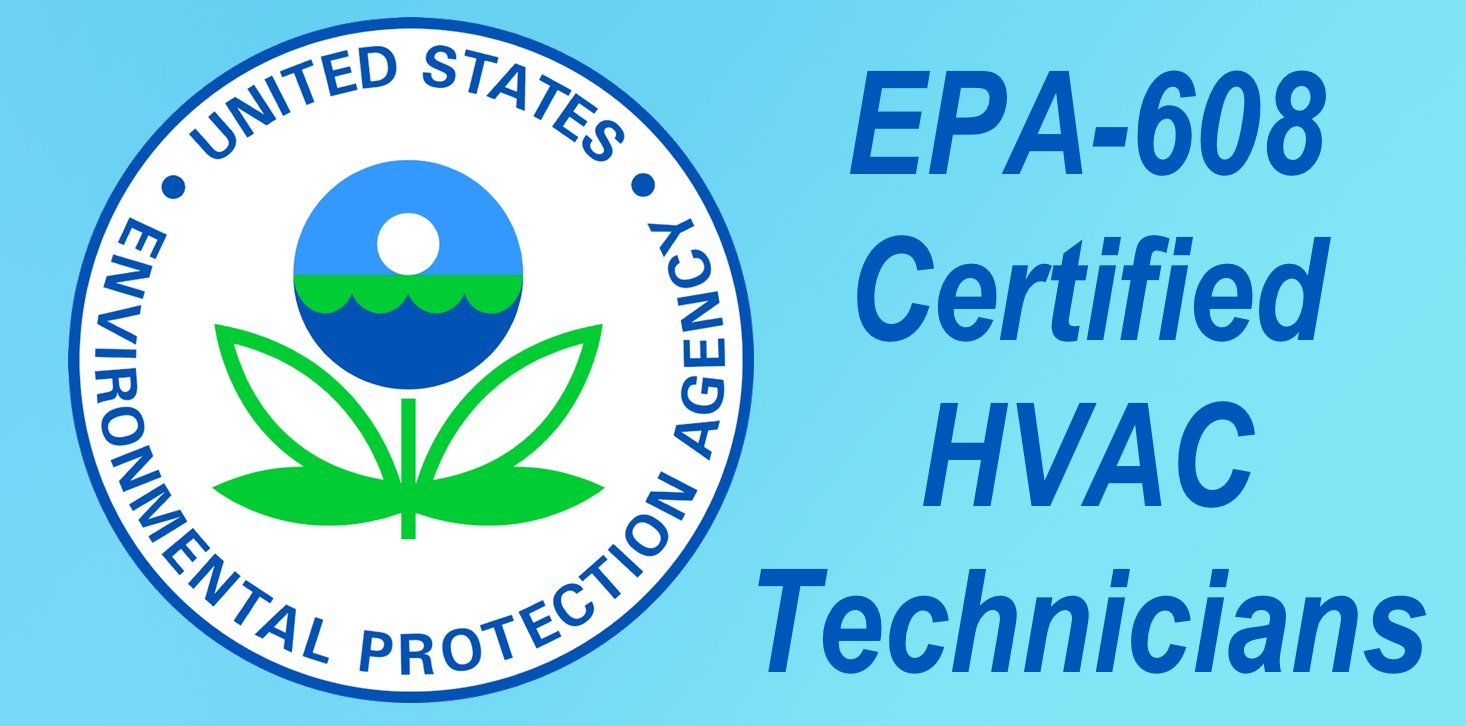FAQ's On Heating & Air Conditioning (HVAC)
- What is HVAC?
HVAC stands for (Heating, Ventilation, and Air Conditioning). It’s a type of mechanical engineering and involves the repair and installation of units that control indoor conditions. Click here to read our article that talks more about this in detail.
- How often should I have my heating and air conditioning system serviced?
Manufacturer warranties suggest having your heater or air conditioner serviced at least once a year or every 3 months if used often.
- How long does a furnace or air conditioner last?
A furnace typically lasts around 25 years, while an air conditioner will lasts about 15 years. The life span can be increased with proper care and servicing.
- What does SEER stand for and what is it?
SEER stands for Seasonal Energy Efficiency Ratio and rates the efficiency of a air conditioning or heating unit (like the MPG you would get for your car). A higher efficiency rating of a system, means it will consume less energy. So a higher SEER translates into lower utility bills and less of an impact on the environment.
- What is the difference between Puron and Freon?
Both Puron (also called R-410A) and Freon (also called R-22) are refrigerants used to heat and cool the air in HVAC systems. Freon is known to be an ozone-depleting chemical. Puron is a newer chemical that is more environmentally friendly.
- What does a ton in air conditioning mean?
A ton in air conditioning is not the weight of the unit, but how much heat and air the unit can remove in one hour time from the house. One ton of cooling is equal to 12,000 BTU's. What are BTU's you ask? Read our next question.
- What does BTU for an air conditioner mean?
BTU stands for British Thermal Units and is the amount of heat energy needed to raise the temperature of one pound of water by one degree Fahrenheit. It also works the other way around in the amount of energy it takes to lower the temperature of one pound of water one degree Fahrenheit. In regards to air conditioning, the higher the BTU rating the more powerful the a/c unit will be and have a higher purchase price.
- What is a mini split system?
A mini split system is a two part system in which half the system is outside and the other half is inside. The unit that gets installed outside is called a condenser (cooling models only) or heat pump (for units that cool and heat). Click here to learn more about mini split systems or view our pictures of mini split systems.
CSLB License #704414
6829 Walthall Way, Paramount, CA 90723








